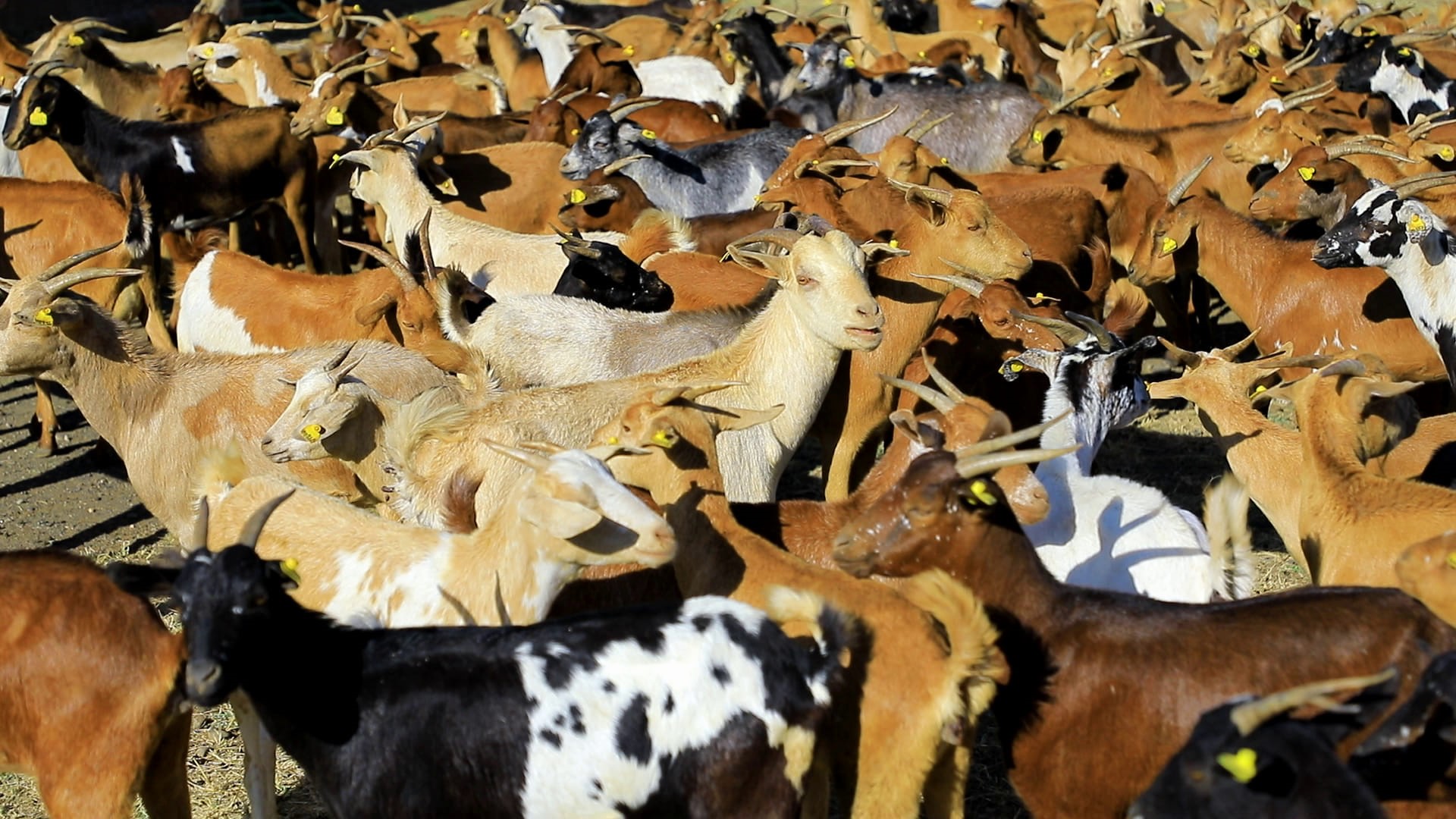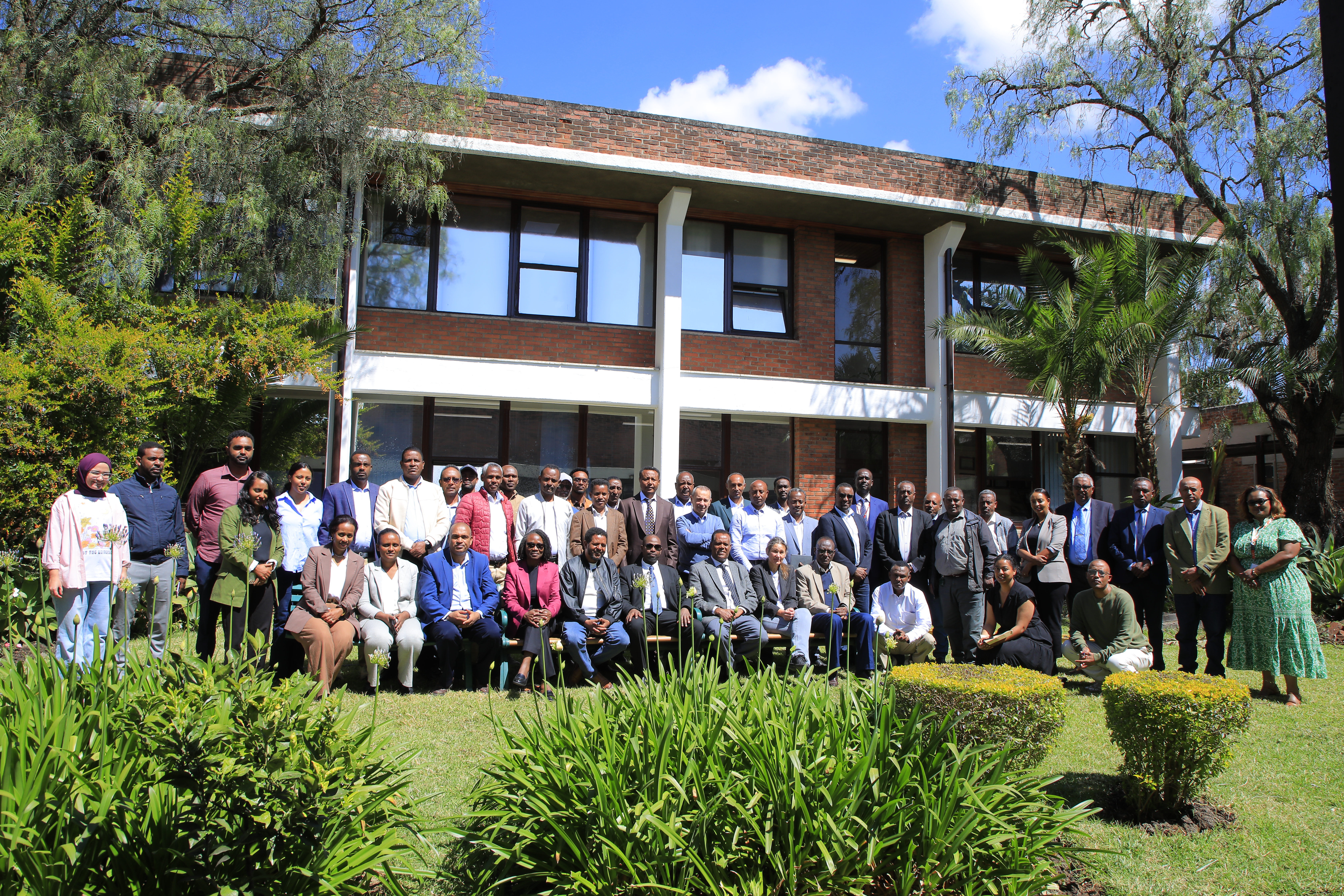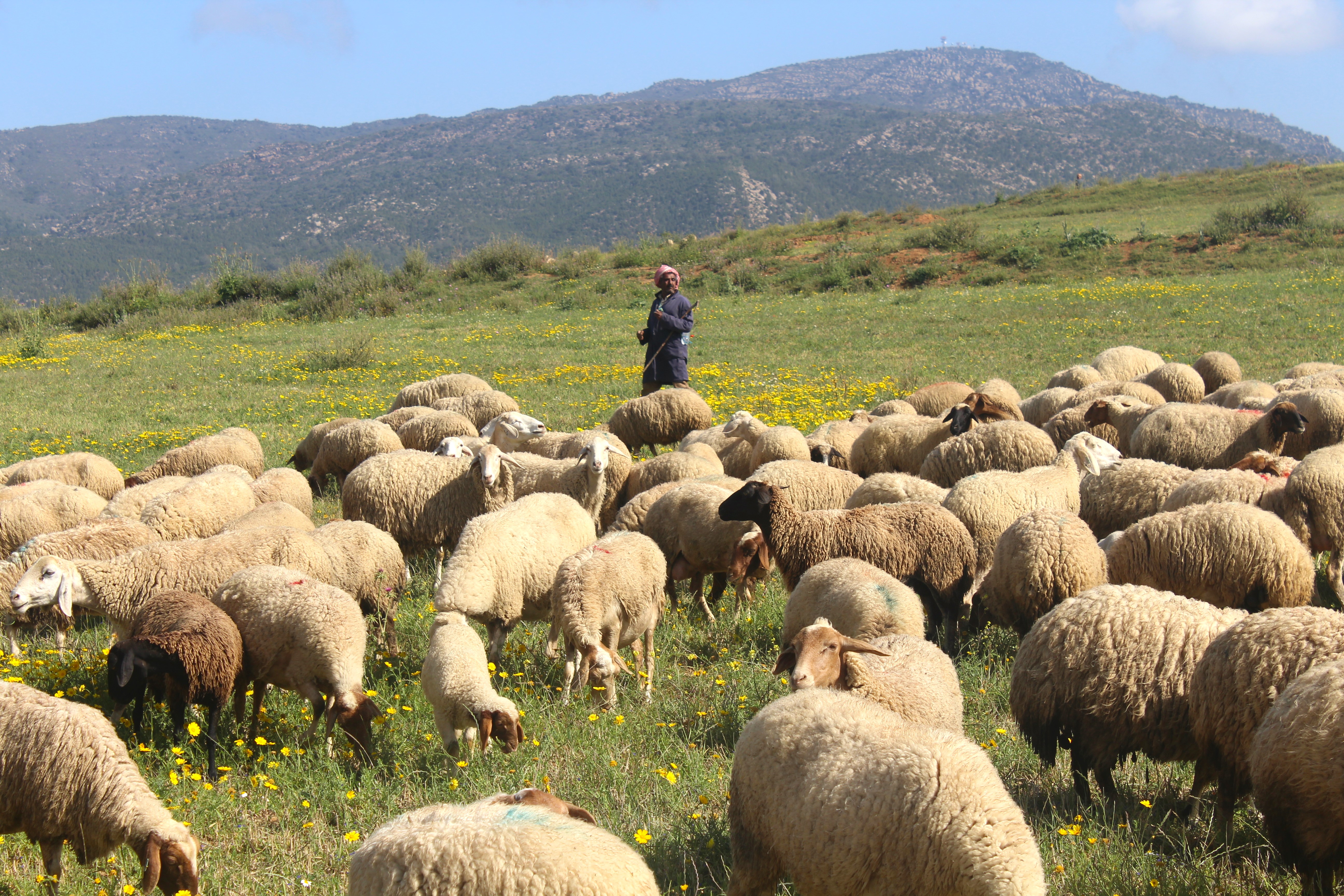A New Chapter for Goat Breeding in Pakistan
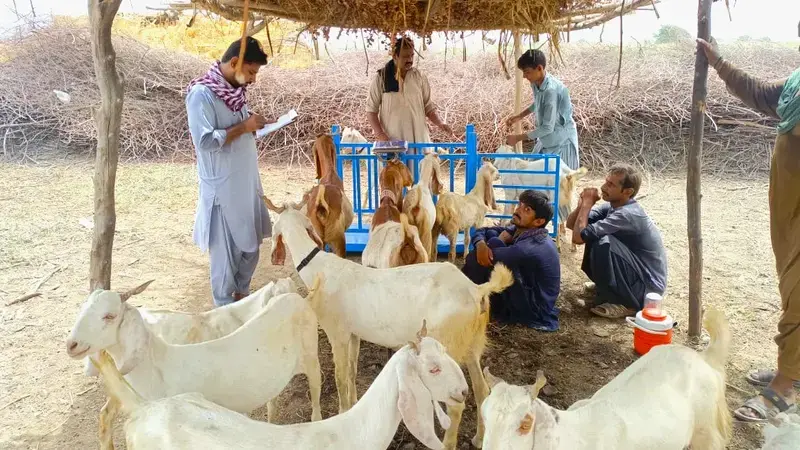
ICARDA launched Pakistan’s first-ever Community-Based Goat Breeding Program (CBBP), a science-based, locally-led initiative designed to improve the productivity and resilience of smallholder farmers in goat breeding.
Building on years of successful CBBP experience in Ethiopia and beyond, ICARDA, together with its partners, is bringing this proven approach to Pakistan with the generous support of the Australian Centre for International Agricultural Research (ACIAR). The program is being rolled out in close collaboration with Pakistan's Agricultural Research Council, Shaheed Benazir Bhutto University of Veterinary and Animal Sciences, Sakrand, Punjab Livestock Department and Sindh Agriculture University, Tandojam, and community organizations, ensuring that every step reflects both global science and local realities.
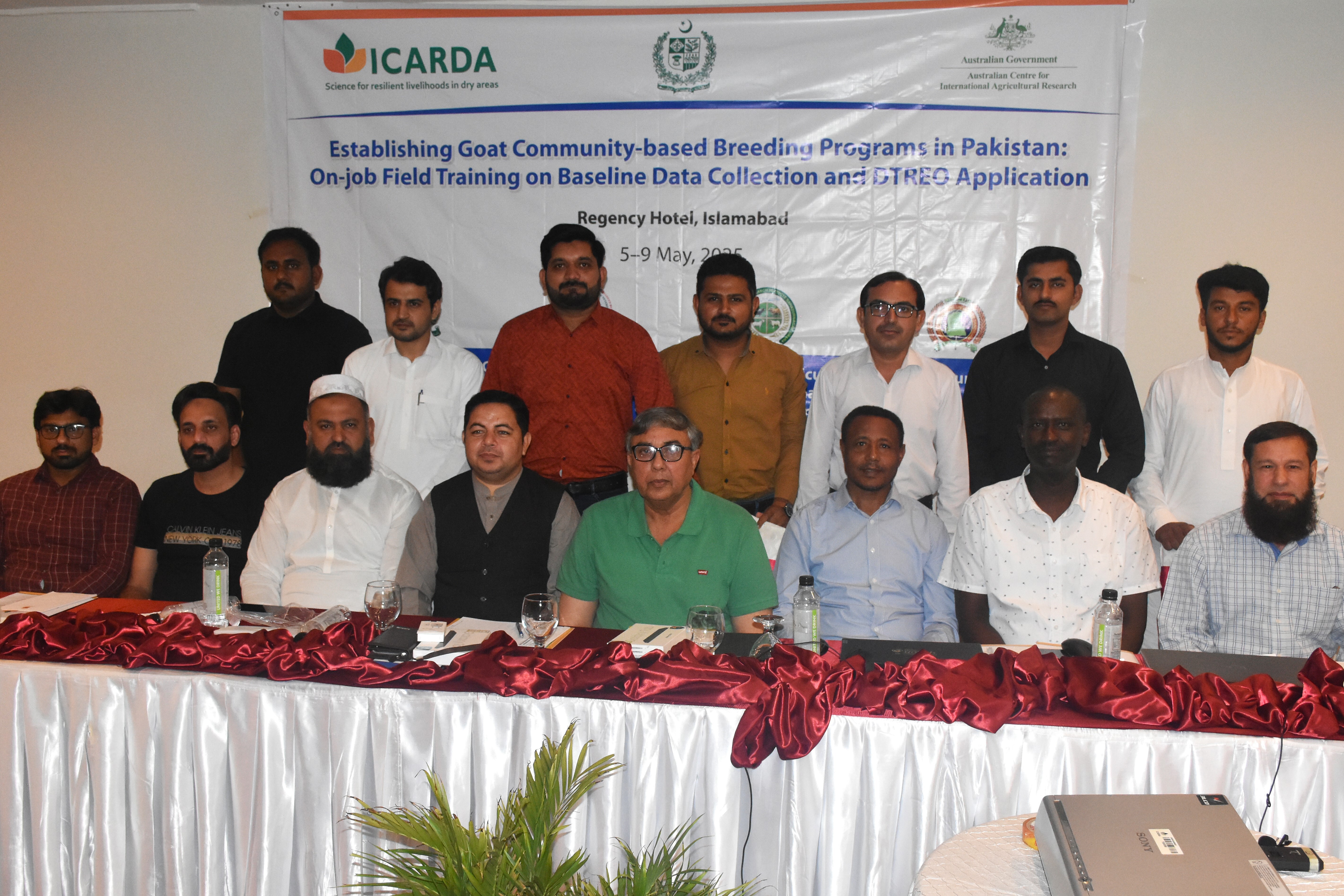
To kick things off, trainees from Punjab and Sindh joined national experts in Islamabad for an intensive orientation, laying the foundation for field activities that are now underway. The program aims to establish four CBBP sites, two in Punjab and two in Sindh, engaging 400 rural households who will play a hands-on role in improving goat genetics, tracking performance, and sharing benefits across their communities.
Before fieldwork began, teams underwent practical training on every aspect of the program, from goat identification and baseline data collection to pedigree and performance recording key traits such as body weight at birth and different ages, milk yield and reproduction traits.. Using DTREO, a digital platform co-developed by AbacusBio (New Zealand) and ICARDA, enumerators and researchers alike can now capture real-time data, monitor genetic progress, and make transparent, evidence-based decisions that drive long-term improvement.
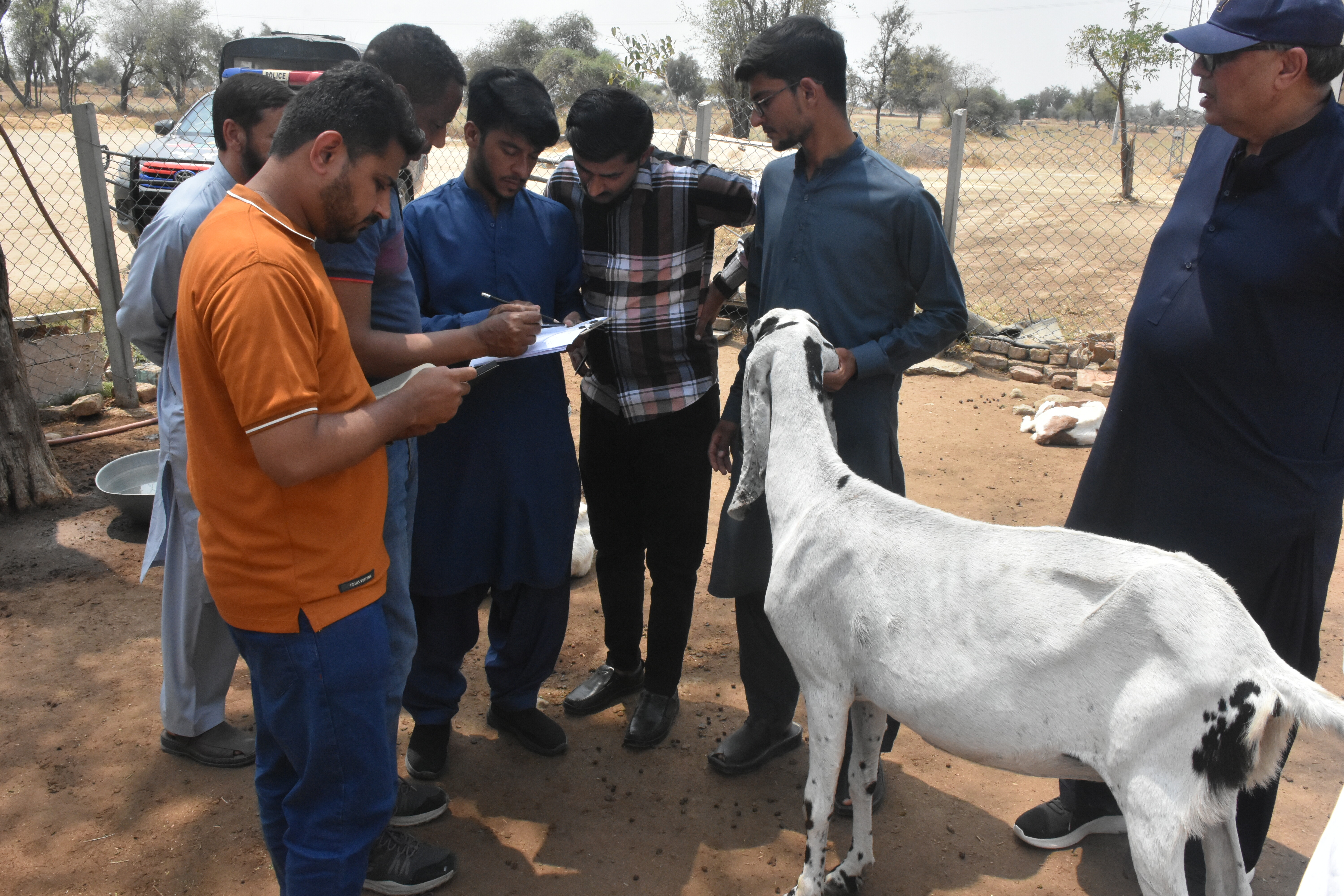
In Chakwal, Punjab, newly trained enumerators have already begun household-level data collection. Their work is critical, not only for laying the groundwork for genetic selection but also for empowering farmers with the tools and confidence to lead these efforts themselves.
“We now have everything at hand to run a community-based breeding program in a scientific way,” said Abdul Hussain, a participating national research associate. “Our role now is to support communities with the knowledge, tools, and confidence they need to lead their own genetic improvement journey.”
By early 2026, 400 households will be fully engaged in this program, each contributing to a growing network of community-led genetic improvement. This breeding program is a pathway to stronger livelihoods, healthier herds, and more resilient rural communities.
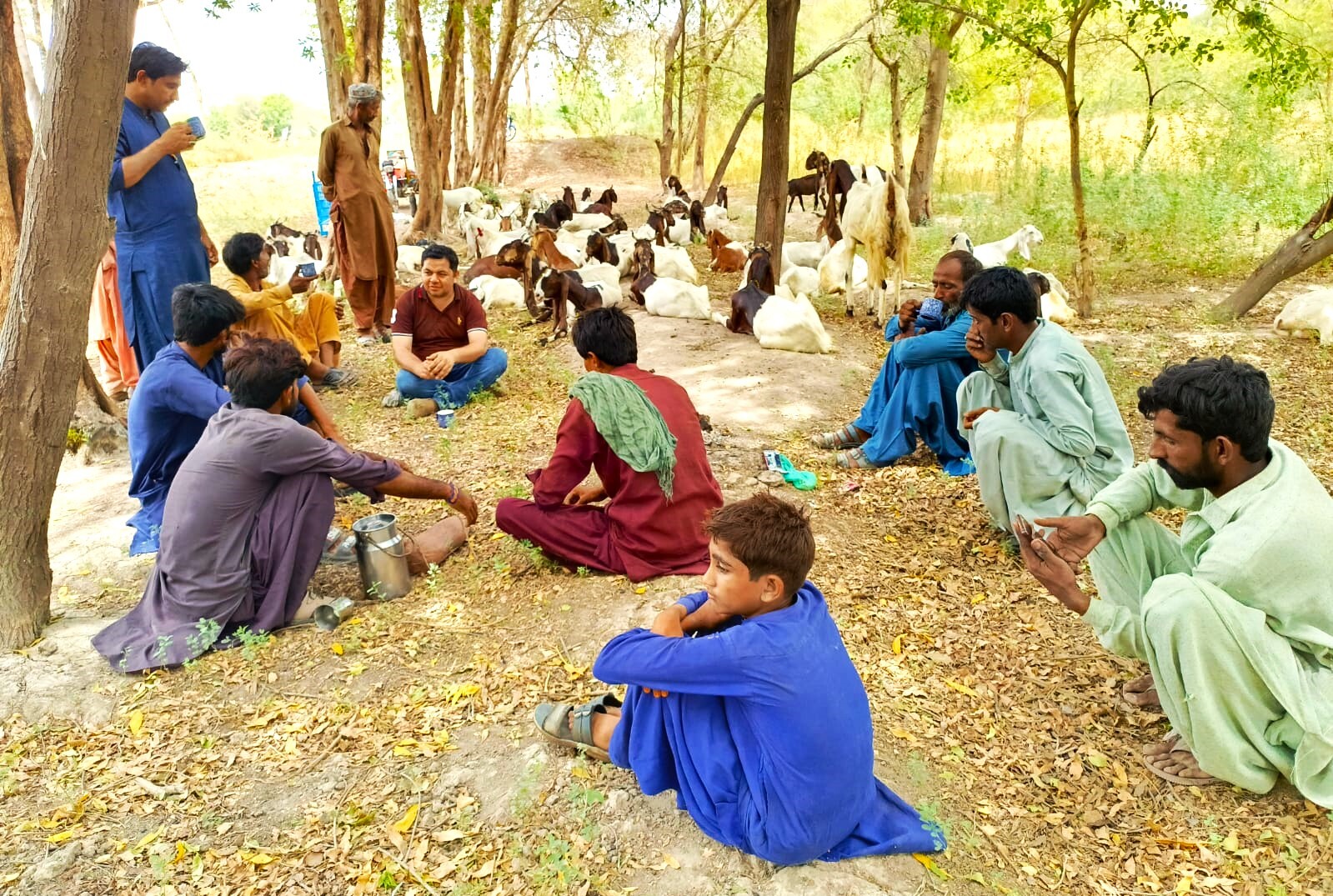
For more information, contact Dr. Tesfaye Getachew.

